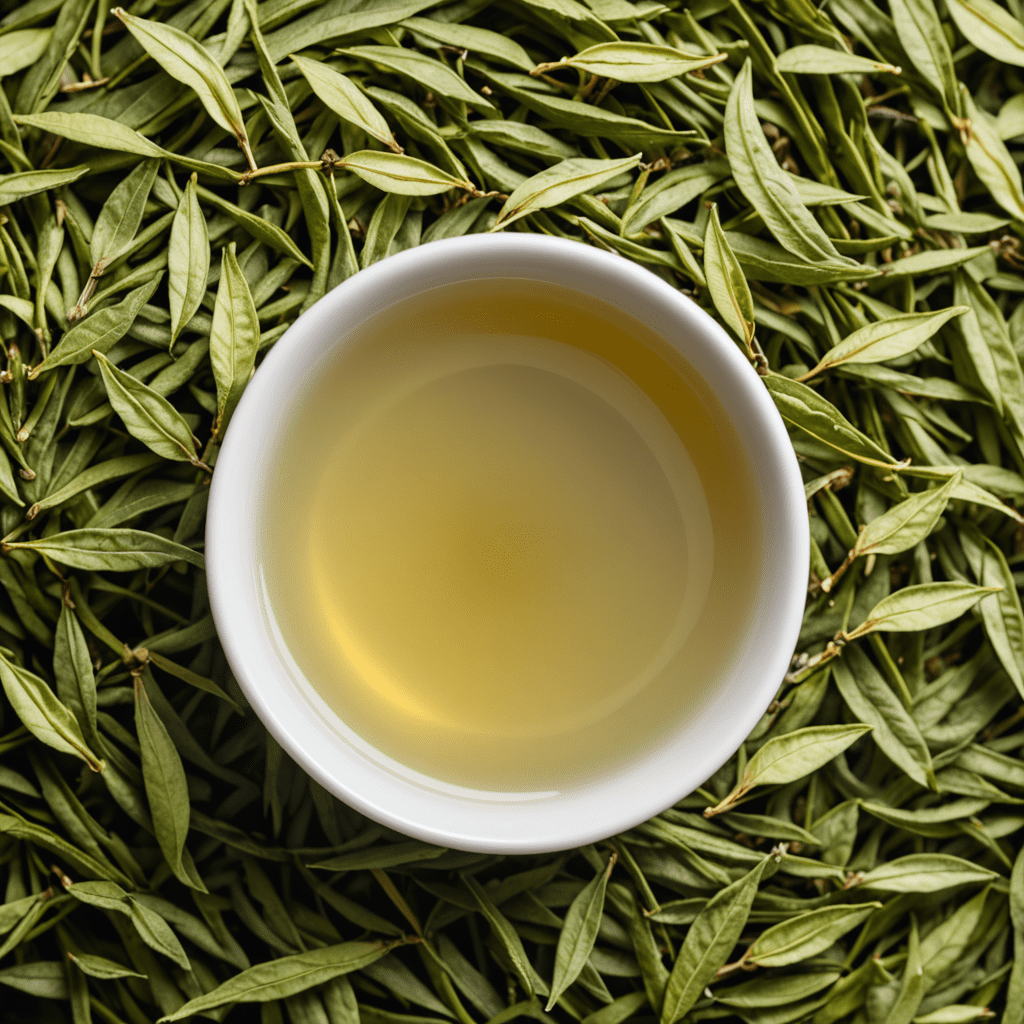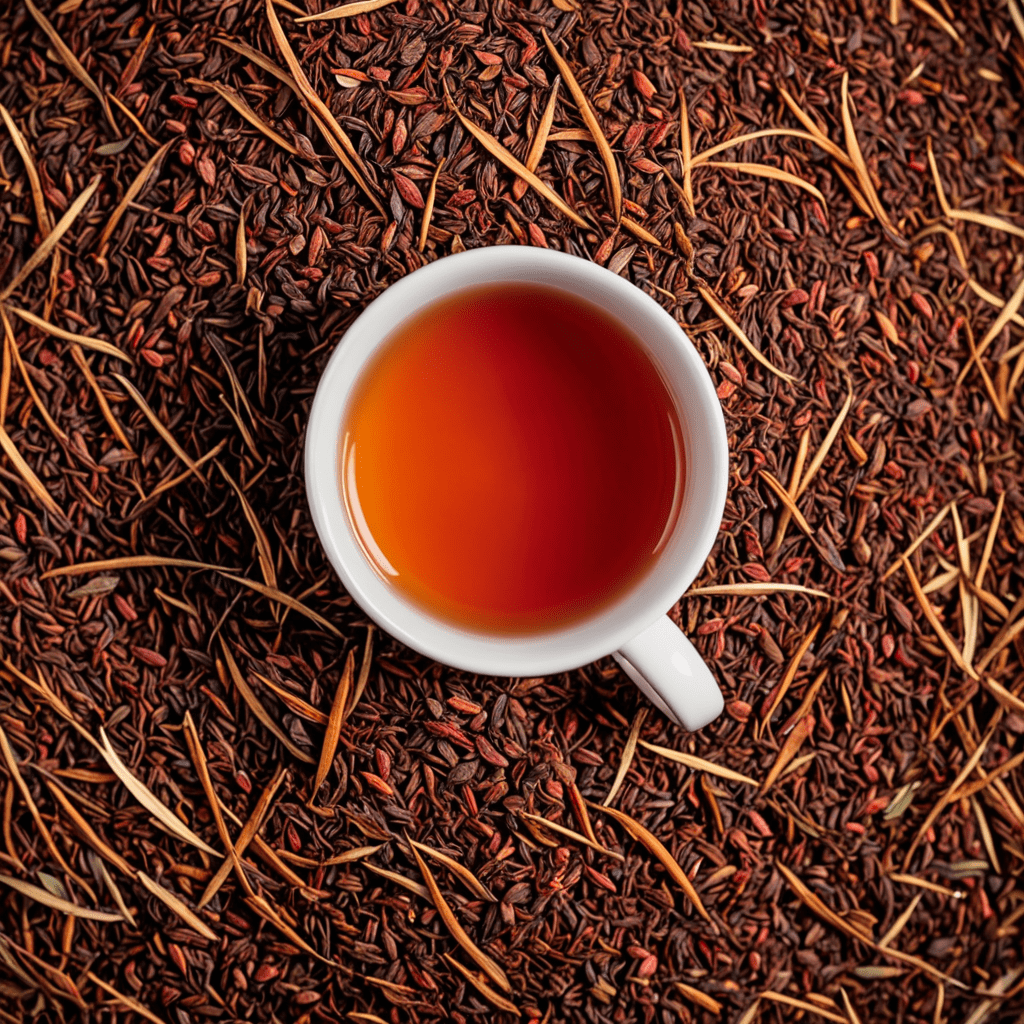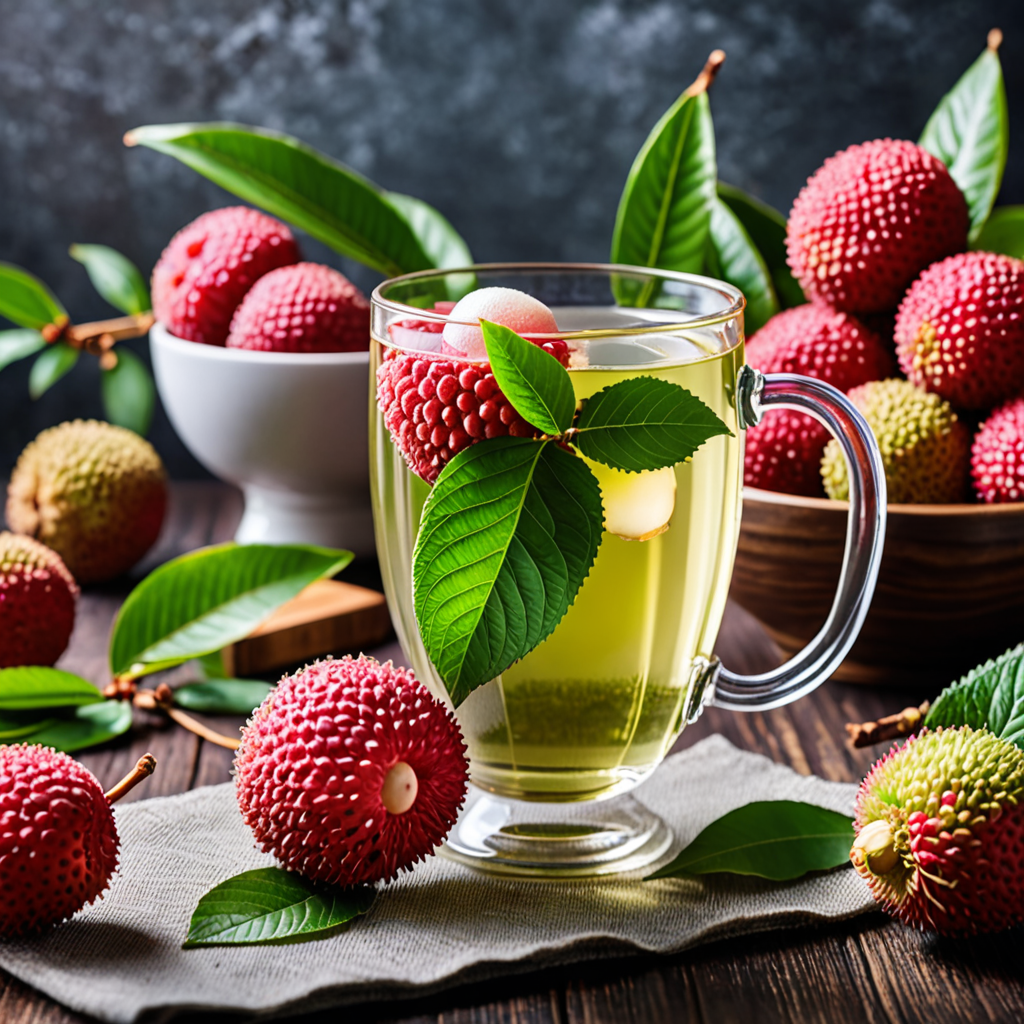White Tea: The Subtle Beauty of Tea
White tea, known for its delicate flavor and subtle aroma, is a true gem in the world of tea. Its minimal processing and light, refreshing taste make it a popular choice among tea enthusiasts. Let’s delve into the fascinating world of white tea and explore its origins, health benefits, and different varieties.
The Origins of White Tea
White tea has a rich history that dates back to ancient China, where it was traditionally reserved for royalty due to its exquisite flavor and rarity. The leaves are harvested from the Camellia sinensis plant, the same plant that is used to produce other types of tea such as green tea and black tea.
The Minimal Processing of White Tea
Unlike other types of tea that undergo extensive processing methods such as oxidation and fermentation, white tea is minimally processed. The leaves are simply picked and allowed to wither under carefully controlled conditions. This minimal processing helps to retain the natural antioxidants and delicate flavors present in the tea leaves.
Health Benefits of White Tea
White tea is celebrated for its numerous health benefits. It is loaded with antioxidants and is believed to have anti-inflammatory and anti-aging properties. Additionally, it may help in promoting heart health, reducing the risk of cancer, and improving overall skin health. The low caffeine content in white tea also makes it a soothing choice for those looking to reduce their caffeine intake.
Varieties of White Tea
There are several varieties of white tea, each with its own unique characteristics. Silver Needle, also known as Bai Hao Yinzhen, is made from only the unopened buds of the tea plant, resulting in a delicate and slightly sweet flavor. Another popular variety is White Peony, or Bai Mudan, which includes both the buds and the top two leaves of the tea plant, offering a slightly bolder flavor compared to Silver Needle.
Best Practices for Brewing White Tea
To fully appreciate the delicate flavors of white tea, it is essential to brew it with care. Use fresh, filtered water heated to around 175°F (80°C), and allow the tea leaves to steep for approximately 2-4 minutes. Avoid using boiling water or steeping the tea for too long, as this can result in a bitter taste.
Appreciating the Subtlety of White Tea
White tea, with its subtle and nuanced flavors, offers a delightful drinking experience for tea enthusiasts. Whether enjoyed hot or cold, its elegant taste and potential health benefits make it a wonderful addition to any tea lover’s collection.
In Conclusion
White tea stands out for its minimal processing, delicate flavors, and potential health benefits. Its rich history and diverse varieties make it a compelling choice for those seeking a tranquil tea experience. So, next time you crave a gentle and elegant cup of tea, consider indulging in the subtle beauty of white tea.
FAQ About White Tea: The Subtle Beauty of Tea
What is white tea?
White tea is a type of tea made from the leaves and buds of the Camellia sinensis plant. It undergoes minimal processing, allowing the leaves to retain their natural appearance and delicate flavors.
How is white tea different from other types of tea?
White tea is distinct from other types of tea due to its minimal processing, which preserves its delicate flavors and subtle aroma. It has a light and refreshing taste, unlike the stronger flavors of black or green tea.
What are the health benefits of white tea?
White tea is known for its high antioxidant content, which may help improve the immune system, support healthy skin, and promote overall well-being. It also contains less caffeine than other types of tea, making it a suitable choice for those seeking a milder stimulant.
How should white tea be brewed?
To brew white tea, use water that is just below boiling point and steep the leaves for 2-3 minutes. Avoid using boiling water, as it can overpower the delicate flavors of white tea.
What are some popular varieties of white tea?
Popular varieties of white tea include Silver Needle (Baihao Yinzhen), White Pe



